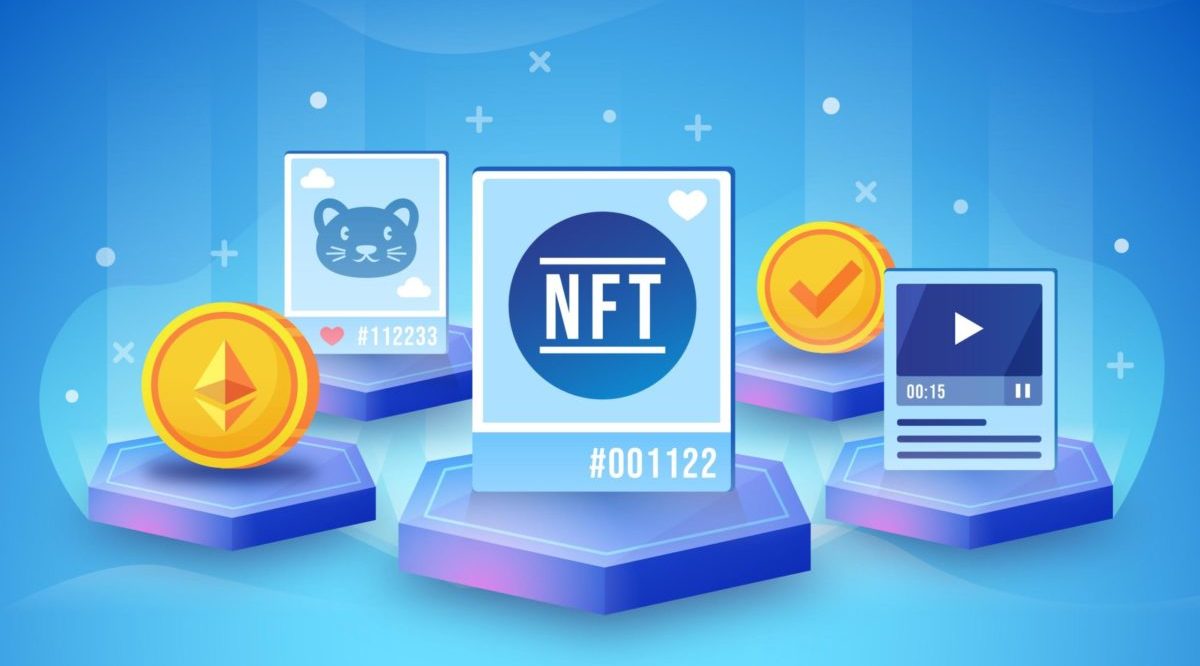For several decades, intercollegiate athletes and women in sports and entertainment didn’t have optimal opportunities to monetize their names, images and likenesses.
However, non-fungible tokens (NFTs) are changing all that through the ability to produce royalties into perpetuity, experts said Sept. 21 at the Entertainment Evolution Symposium (EES).
During the panel session “Digital Opportunities: How NFTs Create Opportunities for Intercollegiate Athletes and Women,” they discussed the unique, value-driven opportunities that NFTs present for historically marginalized groups.
Noting that she’s an associate professor at Pepperdine University, where she teaches sports law, Alicia Jessop, also founder of sports law blog Ruling Sports, said she has “spent the last decade researching athletes’ issues, mostly from a well-being perspective.”
She also worked to “help create the opportunity that college athletes have today to profit from their name, image and likeness,” she pointed out.
 There is a “unique value proposition that NFTs present in this Web3 landscape” today, she said.
There is a “unique value proposition that NFTs present in this Web3 landscape” today, she said.
Greig Carlson, CEO of Hall of GOATS and a two-time NCAA Division I FBS Football champion, pointed out that his company is building a college football-based video game that leverages name, image and likeness (NIL) and non-fungible tokens (NFTs) digital assets.
“I’ve been building custom software solutions for the last 15 years, and when” the U.S. Supreme Court NIL “decision came down last July,” he recalled that he reached out to friends to start the company Hall of GOATS to take advantage of the opportunity that had just opened up as a result of the court deciding that college athletes had the right to profit when their NIL was used.
“We hope to help kids in this space kind of generate revenue for themselves, help them build their digital brand [and], hopefully generate revenue long beyond their college playing days,” he explained.
After all, he said, data has shown that 98% of those kids won’t become professional athletes. But he said: “We can help them strike while the iron’s hot and build [a] brand and community right now.”
NIL was “really the first domino that needs to fall to more adequately and fairly compensate college athletes,” according to Jessop. “California is a leader in the right of publicity thanks to our Hollywood and entertainment industries here. But every person in this state has a right to profit from their name, image and likeness,” she said.
The Supreme Court decision has already yielded positive results, according to Carlson, who said: “In the first year alone, we saw roughly $917 million with the deals generated in NIL.”
So far, “from a success standpoint,” NIL revenue has been social media-driven, he said, adding: “I think we’re just starting to scratch the surface.”
Thanks to the NIL ruling, college athletes in 13 states so far are able to make money off of their NIL, he added.
Michael Ehrlich, founder of Playbook Marketing, moderated the panel session.
The Entertainment Evolution Symposium (EES) was presented by the Pepperdine Graziadio Business School Institute for Entertainment, Media and Sports (IEMS) and the Hollywood IT Society (HITS) and was sponsored by Iron Mountain, Signiant, Whip Media, Atos, Fortinet, FPT Software, invenioLSI, Perforce, Vision Media, and EIDR.

